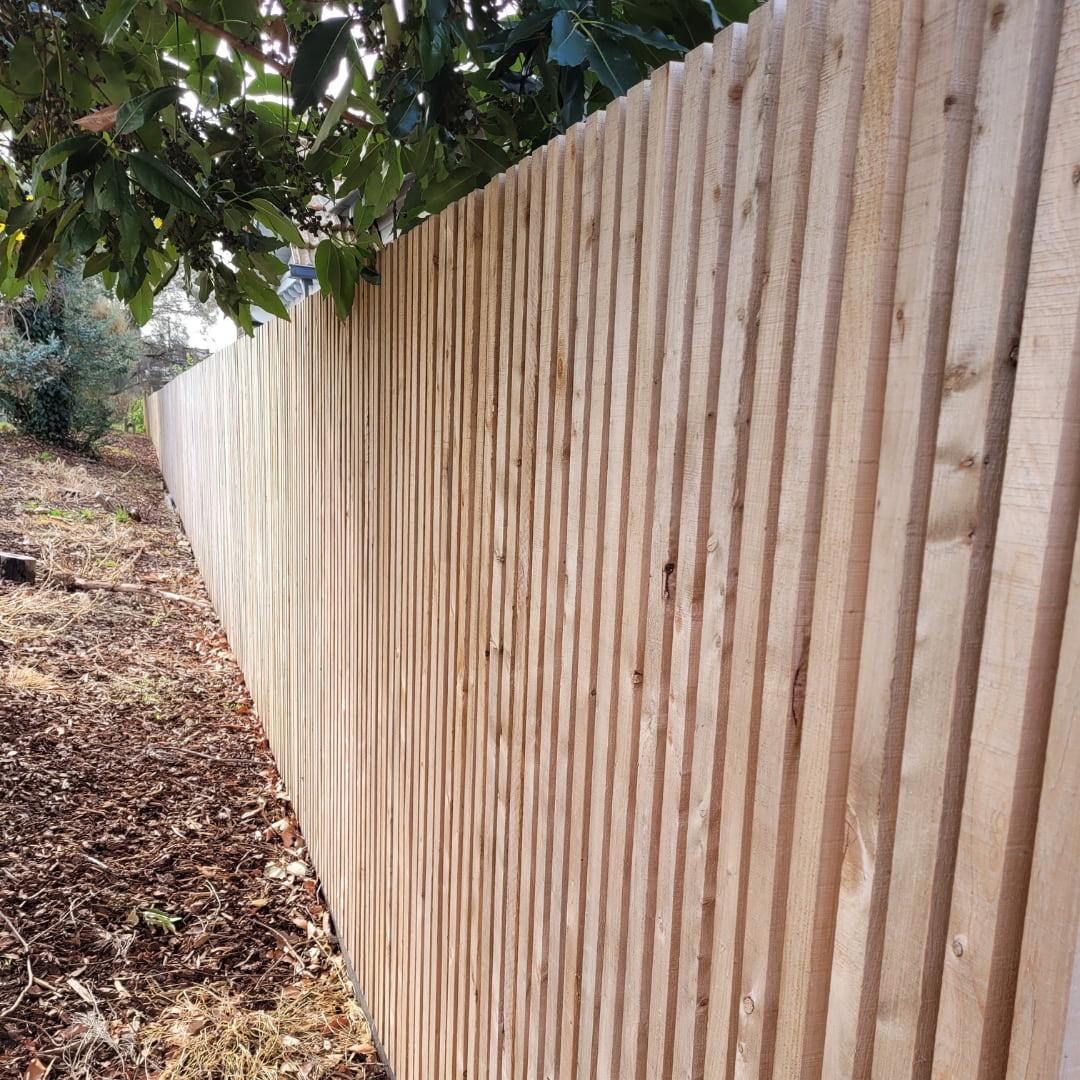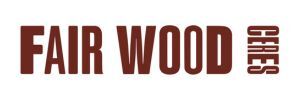
Macrocarpa Cypress - Sustainably Sourced Timber Batten Screening
To make an enquiry for our timber batten screening, please fill out the form at the bottom of this page or contact us here.
Cypress Macrocarpa (also known as Golden Cypress, Monterey Cypress and Californian Cypress) is an extremely versatile class 3 timber that is milled from windbreak trees across Victoria. It is unfortunately extremely common for these trees to be suffering the effects of disease or simply old age, and so our use of them stops them from going to waste.
Cypress Macrocarpa will go grey if left to weather, yet there are a number of finishes that can be applied to delay this.
Cypress Macrocarpa is a stable timber that is generally termite resistant and durable. These battens can be used for fencing or any other privacy screening application.


